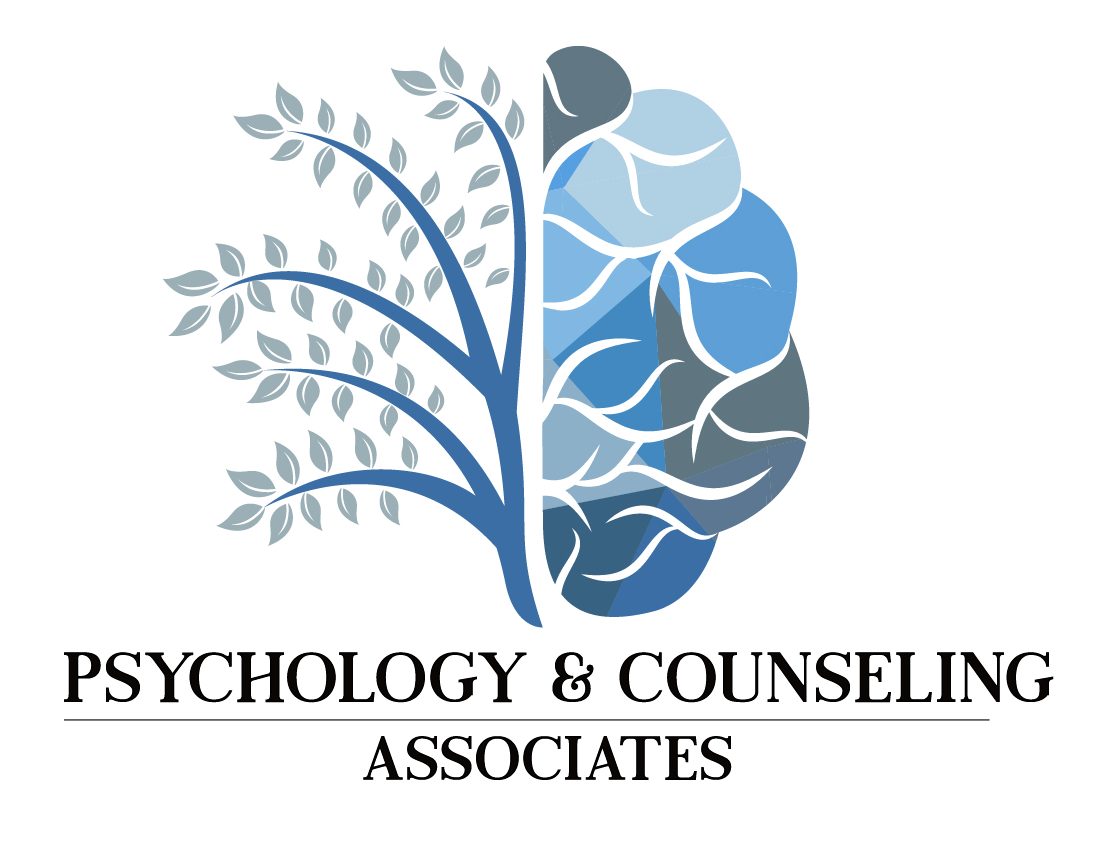Services
Bipolar Disorder
Bipolar disorder is a mental health condition characterized by extreme mood swings that include emotional highs (mania or hypomania) and lows (depression). These mood shifts can affect a person’s energy, thinking, behavior, and ability to function in daily life.
Manic Episodes: During a manic episode, individuals may feel unusually energetic, euphoric, or irritable. They may experience racing thoughts, a decreased need for sleep, and engage in impulsive or risky behaviors. Mania can impair judgment and lead to actions that have long-term consequences.
Hypomanic Episodes: Hypomania is a less severe form of mania. While individuals may still feel unusually energetic or optimistic, the symptoms are not as disruptive and do not cause significant problems in functioning.
Depressive Episodes: In contrast, depressive episodes involve feelings of sadness, hopelessness, or a lack of interest in activities once enjoyed. Individuals may experience fatigue, changes in appetite or sleep patterns, difficulty concentrating, or thoughts of self-harm or suicide.
Bipolar disorder is typically classified into two main types:
- Bipolar I Disorder: Characterized by manic episodes lasting at least seven days or by manic symptoms that are so severe that immediate hospital care is needed. Depressive episodes often occur as well, typically lasting at least two weeks.
- Bipolar II Disorder: Involves patterns of depressive episodes and hypomanic episodes, but the manic episodes are not as severe as those in Bipolar I.
Bipolar disorder can significantly impact relationships, work, and everyday life. However, with the right treatment—which often includes a combination of medication and therapy—many individuals with bipolar disorder can manage their symptoms and lead fulfilling lives.
If you or someone you know may be experiencing symptoms of bipolar disorder, it’s important to seek professional support for proper diagnosis and treatment.
